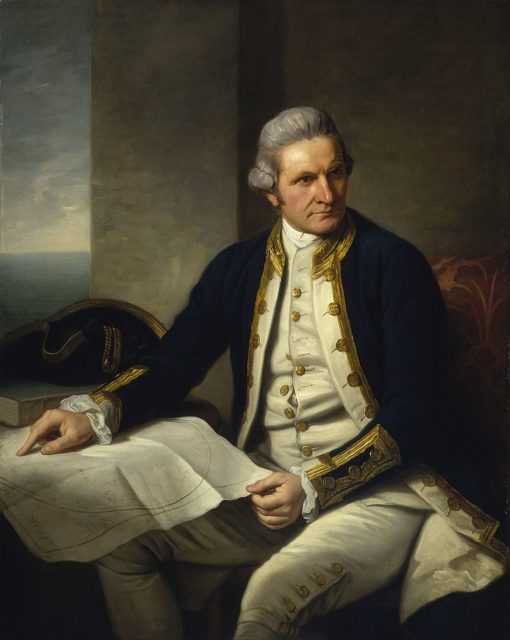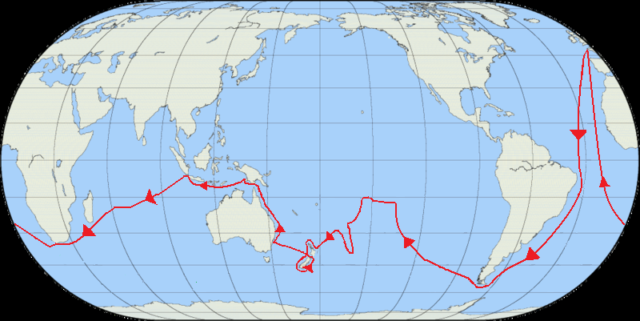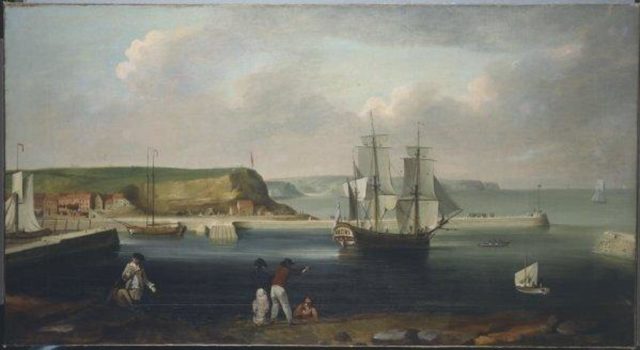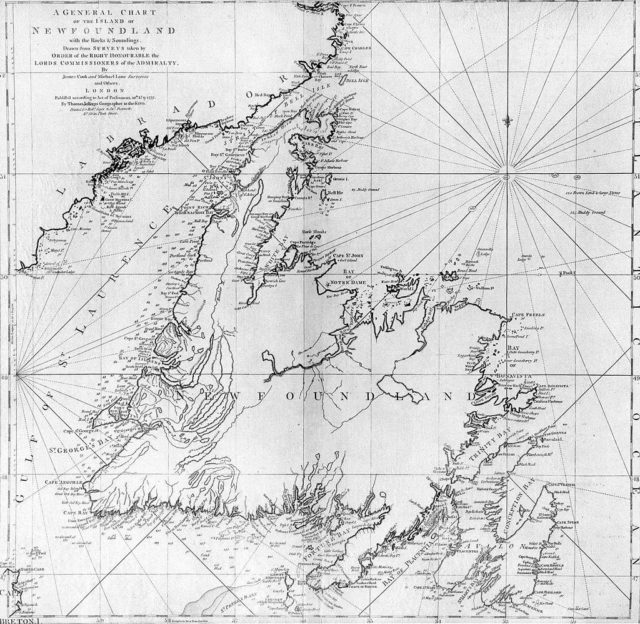A top politician has supported university guidelines saying students should refer to Britain’s ‘invasion’ of Australia. The University of New South Wales (UNSW) rejected claims on Wednesday that it was misrepresenting its curriculum.
The university’s Indigenous Terminology manual urges students to use the term ‘invade’ rather than ‘settle’ or ‘discover’ and to avoid the word ‘Aborigines.’ Queensland State Premier Annastacia Palaszczuk said she supported universities teaching ‘the truth.’ For many years Australian schools and Australian higher learning institutions have not told the truth about the way in which Australia was colonized. A lot of Indigenous people lost their lives; there were massacres and the truth must always be told. Does this mean that Australia had been invaded, the premier was asked; she answered ‘yes.’
In 1770, after more than 160 years of mapping and exploration, mainly by the Dutch, Captain James Cook declared ownership of the east coast of Australia on behalf of the British crown.

At the time, there were more than 250 separate language groups of Aboriginal people inhabiting the continent. Then a process of colonization and land appropriation began, which deprived the Aboriginals any rights to land, citizenship, and equal status – rights which, in many cases, were finally imparted only in recent decades.
The authors of the UNSW terminology guide explain their approach at the beginning, saying that while all staff and students rely heavily upon guide language, it can also be a means for the communication of bias and prejudice and shouldn’t be regarded as impartial or unproblematic information.
In what follows, students are taught to use the expressions ‘Indigenous Australian people’ or ‘Aboriginal peoples’ instead of ‘Aborigines’ or ‘the Aboriginal people,’ to avoid any implication that there are no differences among all Indigenous Australians. The guide also lists words such as prehistoric, simple, primitive, and native, as being less suitable than ‘complex and diverse societies.’


Use of a term such as ‘nomadic’ is discouraged because it implies the Indigenous Australians were not permanently settled. This supports the principle of terra nullius that English settlers used to justify the occupation of Australian land.
The terminology guide ignited outrage in Australia’s tabloid newspaper, The Daily Telegraph and on Talkback radio shows. The conservative radio host Alan Jones commented: “Don’t try and restrict the thinking of university students by some so-called diversity toolkit on Indigenous terminology rubbish! A forced thinking which determines, game, set, and match, that Cook’s appearance on the shores of New South Wales must be referred to as an invasion”.
One student might well argue for the use of the term ‘invasion’ and another for the term ‘settlement.’ The argument should be judged on its quality. But prejudice and political correctness are distasteful to genuine scholarship and education. Some newspapers described the language guide as a highly contentious rewriting of official Australian history.
Federal Education Minister Simon Birmingham noted that Australian universities enjoyed self-rule around academic concepts. Universities should be a setting where ideas are questioned and open to debate; nonetheless, accountability to remain in touch with a community expectation and to provide an accurate reflection of our history comes with self-rule.

Meanwhile, another university, the University of Queensland, says it does not teach that Captain Cook ‘settled’ nor ‘invaded’ Australia. “We also teach that the English notion that Captain Cook ‘discovered’ Australia is inaccurate.” One of the professors at the University of Queensland has noted that Captain Cook was a navigator and explorer and he was a relative latecomer to the continent even by the terms of the early European visitors. “But we do consider the fact that many Indigenous people of historic and contemporary times think of white settlement as ‘invasion’.” The University of Queensland does not have an official position on the UNSW terminology guide.
Jackie Huggins and Rod Little of the National Congress of Australia’s First Peoples said they were thrilled to see UNSW take the lead on this issue with their terminology guide. In a statement to the BBC, they said “For too long we have been suppressed by this age-old language,” BBC News reported.
Read another story from us: The “Wildnguag White Man,” spent 32 years with Aborigines in Australia
Modernization is the key to involving our younger generations and becoming a more reunited nation. How can we ensure that the injustices of the past are never duplicated when we won’t discuss or accept the humiliation of our history?
